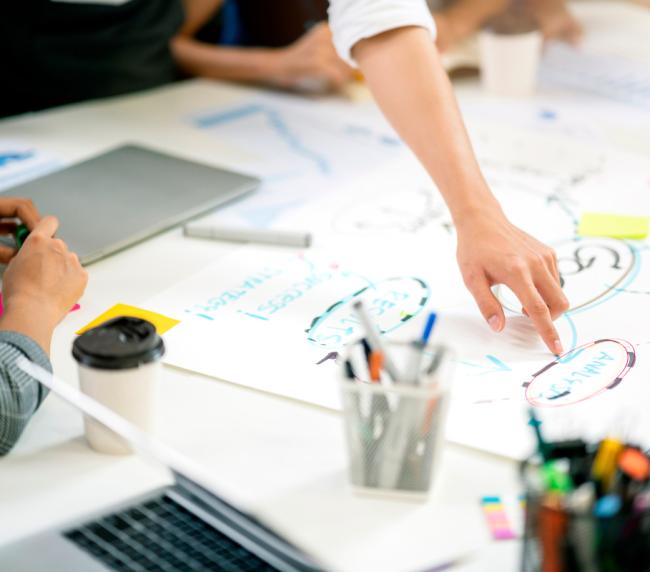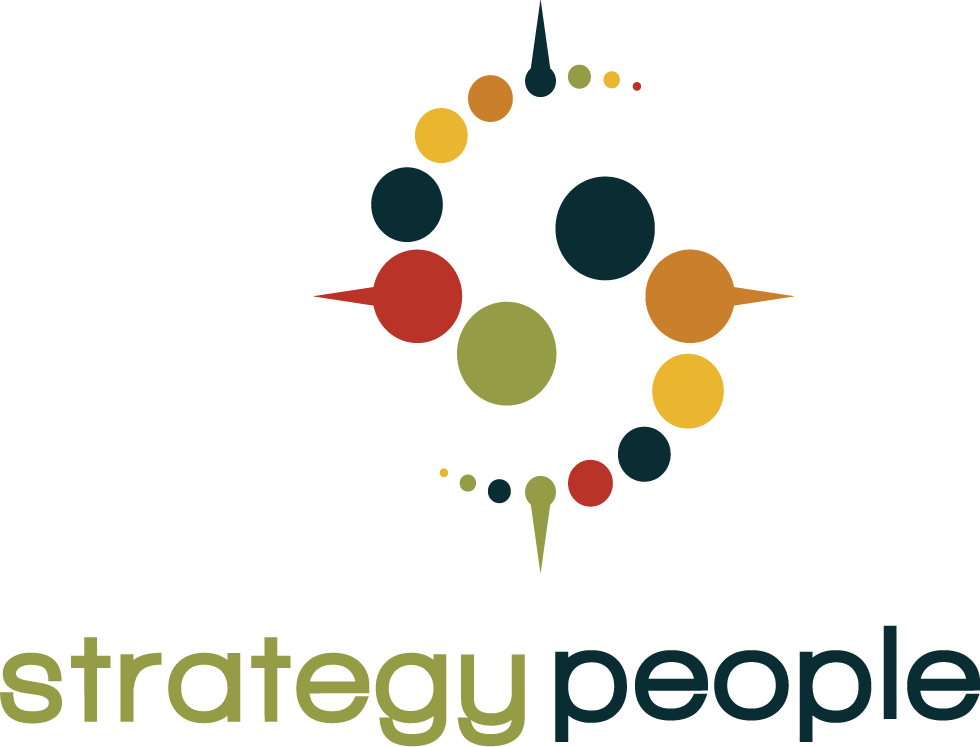With the state of the global economies and businesses place within, the notion of creativity has never been more vital. Our creativity is going to be the attribute that will solve many of our impending failures. Yet, for so many of the amazing people I have worked alongside as a consultant for more than 30 years, a great deal of professionals struggle to see themselves as creative, mostly because often the term is associated exclusively with artistic pursuits. This narrow perspective not only limits individual potential but also hinders organisational innovation and growth. Now is the time to challenge this traditional notion and embrace a more holistic view of creativity, particularly in the professional realm.
Expanding the Definition of Creativity
Creativity is not confined to the arts; it’s a fundamental human trait that manifests in various forms across all disciplines. In the workplace, creativity can be defined as the ability to generate novel and valuable ideas, solve problems innovatively, and adapt to changing circumstances. This broader definition encompasses a wide range of skills and behaviors that are crucial in today’s dynamic business environment.
The Science of Creativity
Research in cognitive psychology and neuroscience has shown that creativity is not a fixed trait but a skill that can be developed and enhanced. Studies have demonstrated that creative thinking activates multiple brain regions, including those associated with memory, emotion, and executive function. This suggests that creativity is a complex cognitive process that draws on various mental resources, not just artistic talent.

Creativity in the Workplace
In the professional context, creativity manifests in a multitude of ways:
- Problem-solving: Developing innovative solutions to complex challenges
- Strategic thinking: Envisioning new possibilities and future scenarios
- Process improvement: Streamlining workflows and enhancing efficiency
- Communication: Crafting compelling narratives and presentations
- Leadership: Inspiring and motivating teams to achieve goals
By recognising and focusing on these diverse expressions of creativity, professionals can begin to appreciate their own creative potential and that of their colleagues.
Overcoming Creative Barriers
Many individuals struggle to see themselves as creative due to several factors:
- Fixed mindset: Believing creativity is an innate talent rather than a skill that can be developed
- Fear of failure: Avoiding creative risks due to concerns about making mistakes
- Organisational culture: Working in environments that prioritise conformity over innovation
To overcome these barriers, professionals need to:
- Adopt a growth mindset that embraces learning and experimentation
- Practice creative thinking techniques, such as brainstorming and lateral thinking
- Seek out diverse experiences and perspectives to stimulate new ideas
- Create a supportive environment that encourages risk-taking and values creative contributionsCreate a supportive environment that encourages risk-taking and values creative contributions.
Fostering Creativity in Organisations
Organisations play a crucial role in nurturing creativity among their employees. Research has shown that companies that prioritise creativity and innovation outperform their peers in terms of revenue growth and market share. To foster a culture of creativity, organisations should:
- Provide time and resources for creative exploration
- Encourage cross-functional collaboration and knowledge sharing
- Recognise and reward creative contributions
- Implement flexible work arrangements that support creative thinking
- Invest in training and development programs that enhance creative skills
As we move further into the 21st century, the ability to think creatively and innovate will become increasingly important across all professions. By expanding our understanding of creativity beyond the traditional artistic paradigm, we can unlock the creative potential that exists within every individual and organisation. It’s time to embrace a more holistic view of creativity and recognise its vital role in driving professional success and societal progress.


